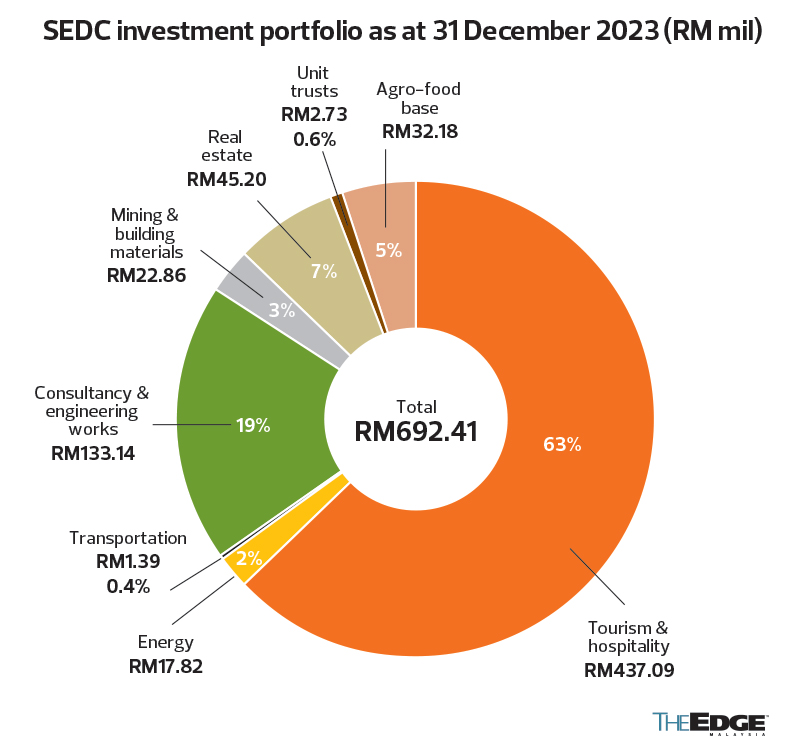Malaysia has generated new investment interest with a potential value of RM45.4 billion following Prime Minister Datuk Seri Anwar Ibrahim’s visit to Germany which ended on Friday.
Anwar said investors from Germany and other European countries have confidence in Malaysia due to its political stability, clear policies and the efficiency of the government machinery in the project approval process.
“Incentives (offered) are almost similar to those of neighbouring countries. But what they find attractive appear to be our political stability, clear policies and willingness to work as a team in expediting the approval process of projects,” he told a press conference at the end of his six-day visit to Berlin and Hamburg.
Anwar, who is also the Finance Minister, said Malaysia’s policies related to energy transition also helped to attract new investments.
“Our emphasis on, for example, green policies, energy transition and energy renewal, and hydrogen and solar research makes them interested in investing in Malaysia,” he said.
While in Berlin, Anwar had a bilateral meeting with his counterpart Chancellor Olaf Scholz and German Vice Chancellor and Economy and Climate Action Minister Robert Habeck. He also paid a courtesy call on German President Frank-Walter Steinmeier.
Anwar also said Malaysia’s pragmatic foreign policy, including good relations with the United States, Europe, China, Japan and South Korea, also helped in attracting investments.
“This is very helpful in view of the United States-China tension. They seem to think Malaysia may be an investment destination that can reduce the issue of tension between the two countries,” he added.
Anwar said he met 38 captains of industry from Germany, Belgium, France and the Netherlands who gave their commitments to either make new investments or expand their investments in Malaysia.
Among the top companies that he met in Berlin and Hamburg were X-Fab Silicon Foundries, Melexis, Infineon Technology, Schott AG, Siemens Energy, Nexperia and Airbus.
According to Anwar, X-Fab will make a large investment in Sarawak while Infineon, which has been established in Malaysia for five decades, will add a further investment of five million euros (1 euro = RM5.13).
“We were able to achieve all this due to the good relations with German leaders. Although there are differences of opinion on certain issues such as Gaza, our relations are very good from the diplomatic and economic points of view. International coverage from the Financial Times and the New York Times, which consider Malaysia a global centre in electronics and semiconductors development, also assisted in our efforts,” he said.
Anwar also noted that aerospace corporation Airbus is prepared to buy products and services worth RM1.4 billion in the next five years, he said.
On the European Union Deforestation Regulation which affects palm oil exports into Europe, Anwar said European criticism of deforestation is off the mark.
“(The critics) have not kept abreast of the latest developments. Currently, there is no widespread deforestation like there used to be. After I explained to them the current situation, they seemed to have a more positive attitude,” he said.
There are over 700 German companies based in Malaysia with nearly US$15 billion (RM70.24 billion) in investments.
Bilateral trade between the two countries was valued at RM63.5 billion in 2023, with a 1.8 per cent rise in exports to RM30.56 billion from RM30.03 billion in 2022.
A total of 486 projects involving German companies worth RM45.69 billion (US$12.08 billion) were implemented in 2023, creating 49,591 job opportunities.
Source: Bernama
PM: Political stability, transparent policies attract foreign investors
Content Type:
Duration:



